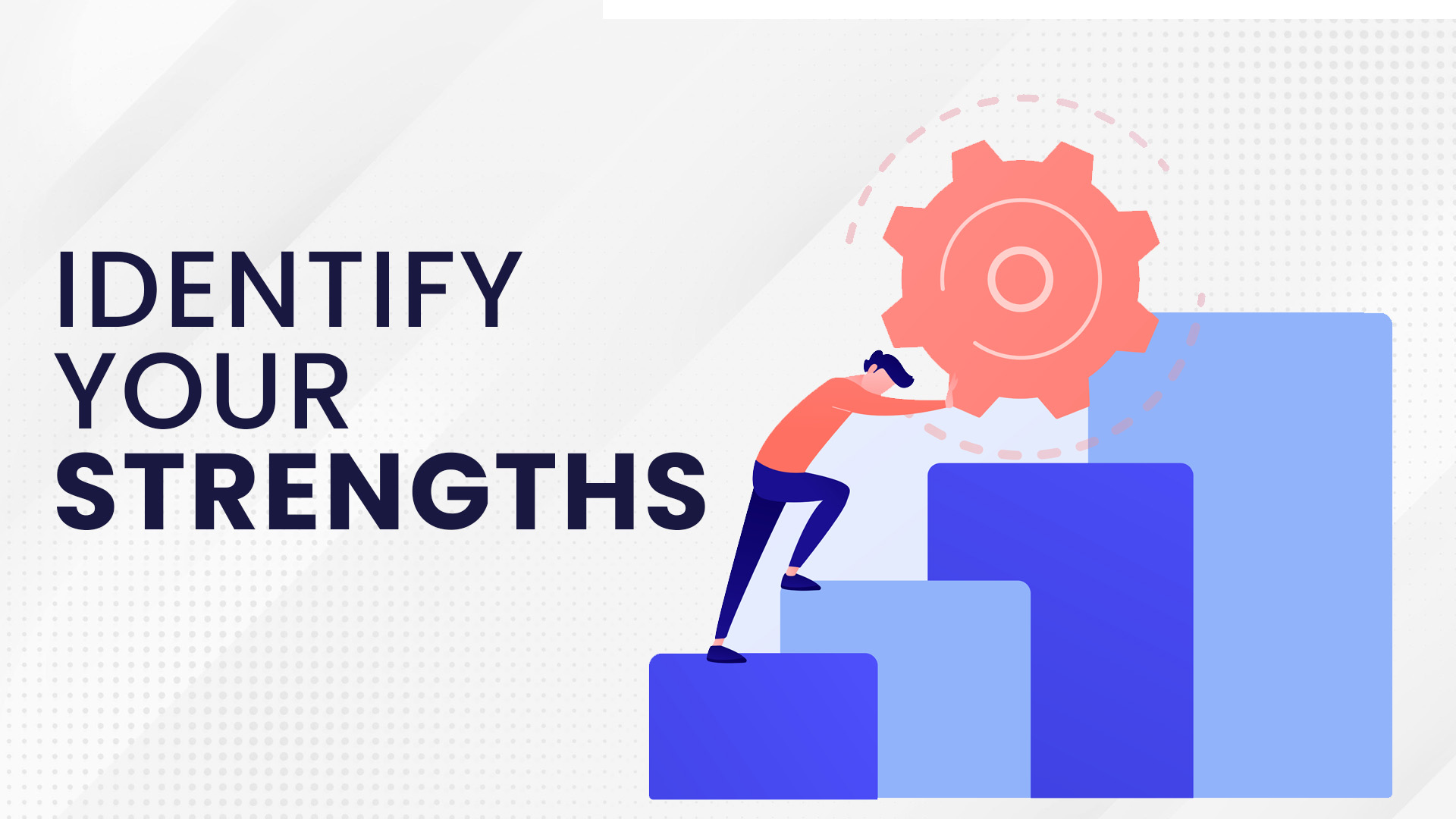Do you know yourself? Do you know your strengths and weaknesses? If you answer yes, are you sure that you have an objective view of yourself? These are not just idle questions.
Let’s explore why you should learn and understand your strengths and weaknesses and how you can achieve it.
1. It allows you to make better choices
Knowing what you excel at and what you struggle with is important information to make decisions. You can choose what to focus on, what to avoid, what to prioritize, when to say no, and when to agree to an opportunity.
Without this information, you could easily agree to a situation that can make you fail and avoid one that will set you up for success. More information allows you to plan your choices accordingly and lead yourself to better outcomes.
2. It helps you reinforce your abilities
When you know where your areas of opportunity are, you can work of them more efficiently. But more than that, you can start to reinforce your strengths as well. By playing to your strengths, you can develop them even more and become a unique professional or grow your personal abilities as well beyond the average. By becoming much more successful at what we do best, we can reach new heights.
Improving our weaknesses can sometimes also be a great way to focus. It involves bringing up our areas of opportunity to a level where they do not stop us as much. However, you always have to choose what’s more convenient: improving your strengths or reducing your weaknesses.
3. It empowers you to be a better collaborator
If you understand yourself well, you can also work better with other people. You know how to place yourself in a team to play to your strengths and also to avoid the tasks where you will most likely do worse. It empowers you to be bolder when offering suggestions and taking the initiative in a group effort.
Overall, knowing your strengths and weaknesses can bring you a lot of benefits. The better you know yourself, the better you can make decisions, set priorities, chart your personal and professional development, and more. But how can you learn all about your strengths and weaknesses?
4. Look at the results
It’s easy to believe something that might not be entirely accurate. We are prone to deceiving ourselves. Instead of just considering your own ideas, try to look at the evidence. When do you get the best results? What tasks do you excel at? Where do you get the best feedback from others?
Gather evidence that helps you identify your strengths. If you are constantly late, you might be less punctual than you imagine. This should not just become a source of guilt or worry, instead a gentle gathering of information. Later, you might want to modify some things and shift your strengths and weaknesses, but now it’s necessary for you to be honest with yourself.
5. Ask other people
Sometimes, other people can see us more clearly than we see ourselves. This is not always true, of course, so you should pick people whose judgments you trust. But others might point out what they have noticed.
Don’t stick with a single opinion. Ask several people and see the themes that appear over and over. The more people you ask, the more accurate information you will get. You should not take all ideas equally, but rather think critically and take what you find more useful. But dismiss something just because you dislike it – first take a moment and ask yourself if it could be true.
6. Explore your ideas
This is not to say that you have no say in the matter. You are the one who is always observing yourself. Once you have information that is more grounded in results and other people’s ideas, make sure to take a deep dive and do some introspection.
Consider what you believe to be your greatest strengths and weaknesses. What are the things that come easy? What do you struggle with?
Match this information. Ultimately, you are the one who has most data, so it falls to you to come to the most accurate conclusion possible.


